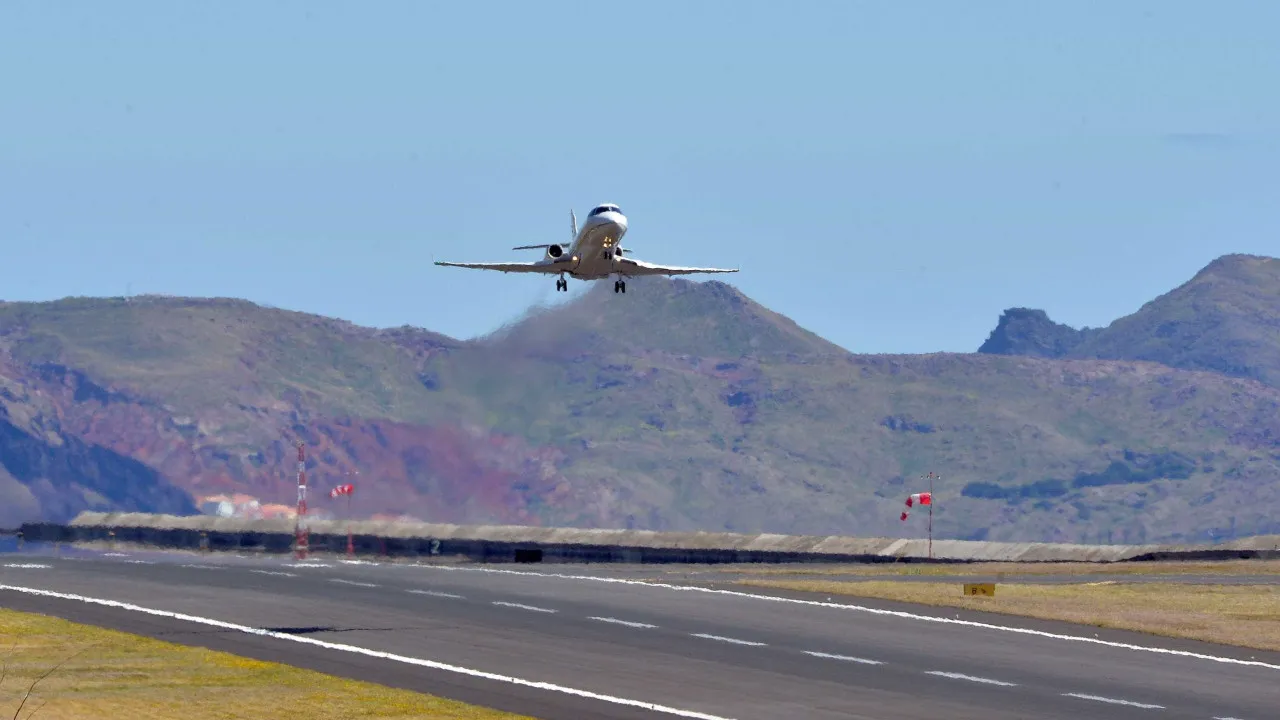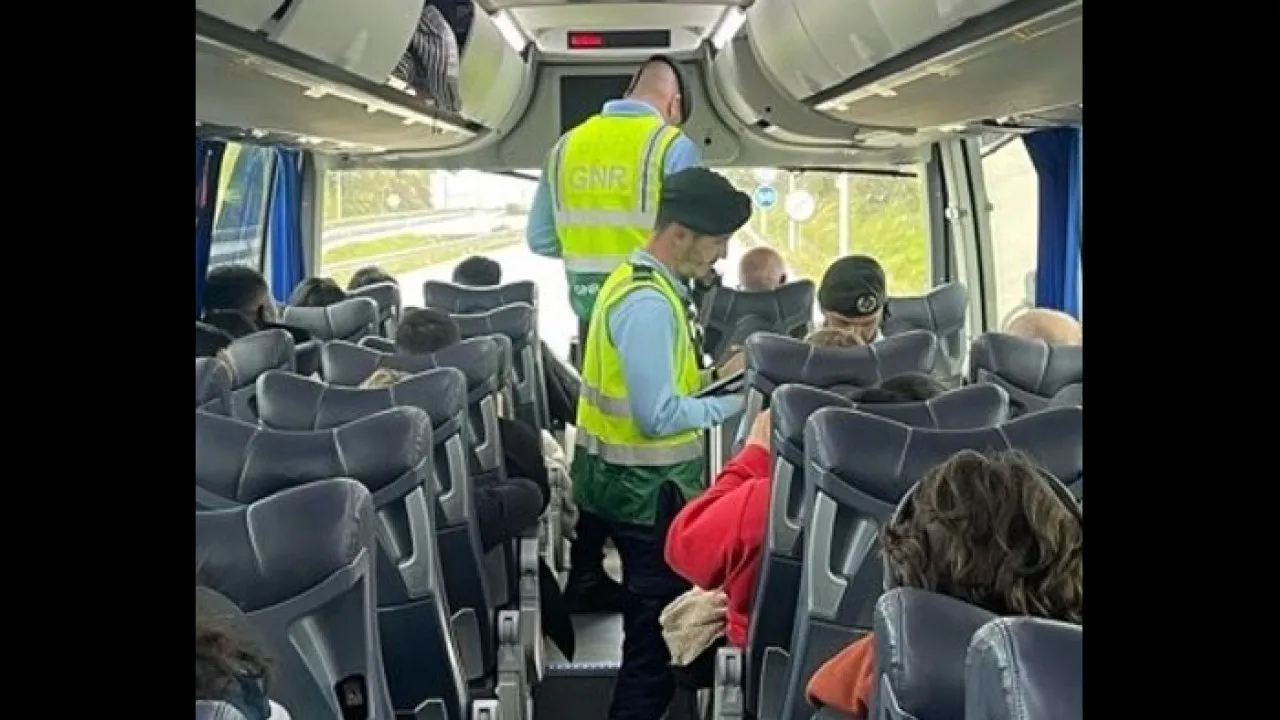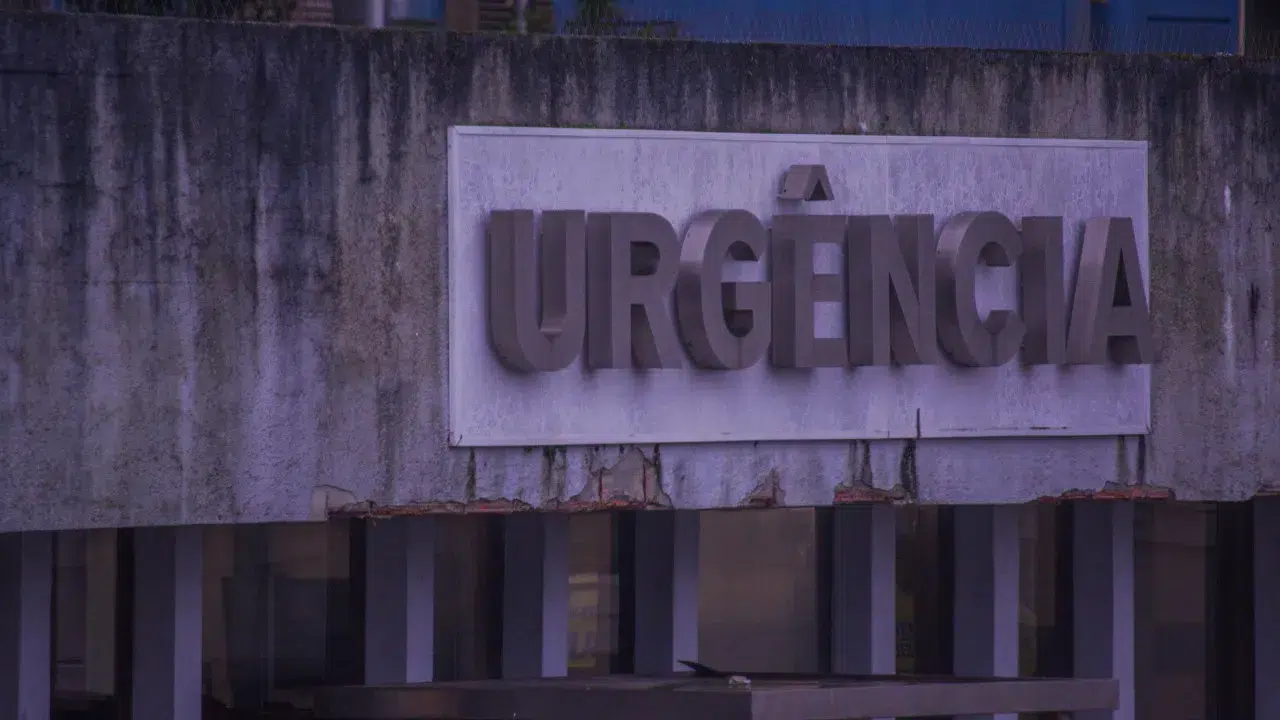What’s going on?
The Portuguese government has announced the end of the Foreigners and Borders Service (SEF) in October 2021, followed by a restructuring process that, again according to the executive, will have 2023 as the key year for changes.
However, there are still many uncertainties on the side of the SEF employees, who will be reintegrated into other police forces.
In this sense, this Sunday, the union that represents the SEF inspectors requested a meeting with the government because of the “indefinite process of extinction” of this security service, which “harms the security and the economic and social development of the country”.
What do the inspectors allege?
The process of restructuring the SEF has been delayed, mainly because the creation of the Portuguese Agency for Migration and Asylum (APMA), which will take over the administrative functions of the SEF, has not yet been legislated. And the inspectors claim that due to the slowness of the process “there is an SEF on the verge of extinction, without any investment, without an entity to which it can transfer part of its powers, in an impasse that undermines the security and economic and social development of the country.
“The delay in the creation of the APMA by Minister Ana Catarina Mendes is conditioning the whole process of transfer of competencies and new distribution of functions, which has already been postponed twice, with the Minister of Internal Administration announcing March 31 as the new deadline,” Acácio Pereira, president of the Union of Investigation and Inspection Careers of the SEF (SCIF/SEF), told Lusa.
What about border security?
The union says that the borders are at risk, citing as an example the World Youth Day, which will take place in Lisbon from August 1 to 6.
“The World Youth Day requires increased security at the borders, while at the same time the country needs immigrants to grow economically. We are concerned about the lack of definition in the SEF extermination process at such an important moment for the country,” said Acácio Pereira.
The union leader even says that “the postponement of the creation of the APMA puts the Portuguese borders and the country’s immigration policy in the worst of worlds, since there is no investment in what is, nor progress in what will remain.
The president of the union also stressed that under the current conditions of the SEF, “the country does not have the appropriate structures to attract this immigration, to protect it from the action of transnational trafficking networks, nor to adequately manage the flows of their entry through the country’s borders.
What has the government promised?
In early February, the government guaranteed that it “maintains the political objective” of completing the legislative process for the creation of the APMA by the end of March.
“We maintain the political objective of completing the legislative process by the end of March. I remind you that today is the 15th of February. If the commitment was until the end of March, we will have to wait until March 31 to be able to verify whether or not the political goal is met,” the Minister of Internal Administration said at the time.
What will the APMA be?
The APMA will have the “mission of implementing public policies on migration and asylum, namely the regularization of the entry and stay of foreign citizens in the national territory, issuing opinions on requests for visas, asylum and the installation of refugees, as well as participating in the implementation of the international cooperation policy of the Portuguese State in the area of migration and asylum.
Regarding the transfer of the SEF’s police powers to the National Republican Guard (GNR), the Public Security Police (PSP) and the Judicial Police (PJ), the government’s proposal is largely maintained.
The GNR will be responsible for “guarding, inspecting and controlling maritime and land borders,” “acting in the context of deportation proceedings and the judicial expulsion of foreign citizens in the areas under its jurisdiction,” and “ensuring the execution of mobile controls and joint operations with national security forces and services and Spanish counterparts.”
In turn, the PSP will integrate the competencies to “monitor, supervise and control airport borders and cruise terminals” and “act within the framework of compulsory removal processes and judicial expulsion of foreign citizens, in the areas under its jurisdiction.
The “investigation of crimes of aiding and abetting illegal immigration, association to aid and abet illegal immigration, human trafficking and other related crimes” will become the “reserved competence” of the Judicial Police.
Source: https://24.sapo.pt/atualidade/artigos/as-fronteiras-portuguesas-estao-mesmo-em-perigo








